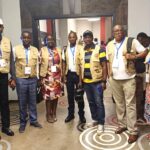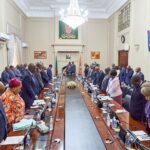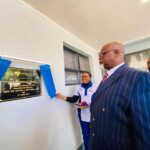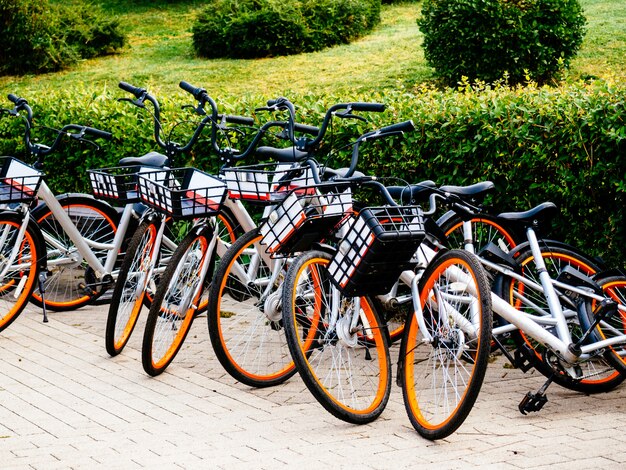The United States Agency for International Development (USAID) has committed a grant of US$2.2 million to the Choova Njinga Innovation Challenge, aimed at developing cost-effective bicycle solutions for rural communities in Zambia and Malawi. The initiative seeks to address pressing development challenges in sub-Saharan Africa by promoting the increased use of bicycles as a sustainable mode of transportation.
Helen Khungwa Chira, USAID’s Nutrition Advisor for Zambia, shared that the Bicycle Innovation Programme (BIP) will focus on incentivizing the development and scaling of innovative solutions related to bicycles. “The BIP aims to achieve this by incentivizing the development and scaling of innovative solutions within an open innovation programme structure,” she said. This initiative aims to bridge gaps in rural mobility, improve access to markets, education, and healthcare, and ultimately reduce rural poverty through enterprise-driven economic growth.
Innovative Solutions for Rural Communities
The Choova Njinga Innovation Challenge is run by the Innovative Design, Execution, and Acceleration Support (IDEAS) mechanism, led by USAID’s Exploratory Programs and Innovation Competitions (EPIC) team. The program is designed to inspire collective action, foster high-impact local solutions, and support the adoption of sustainable bicycle-based innovations to solve key development challenges in rural Zambia and Malawi.
USAID’s focus on rural poverty reduction aligns with its broader development strategy in both countries. By increasing access to bicycles, which are more affordable and versatile than motor vehicles, the program seeks to improve transportation networks in remote areas, which often suffer from inadequate infrastructure and limited access to essential services.
A Vision for Sustainable Economic Growth
The Bicycle Innovation Programme is part of USAID’s country development cooperation strategy for both Zambia and Malawi, which specifically aims to reduce rural poverty through enterprise-driven economic growth. By supporting local innovation and the scaling of cost-effective bicycle solutions, USAID hopes to foster long-term sustainability and increase economic opportunities for rural communities.
This initiative also complements other efforts in sub-Saharan Africa, where access to affordable transportation remains a significant barrier to economic development. With bicycles being an environmentally friendly and cost-efficient alternative, the BIP represents a strategic solution to address both mobility and sustainable growth in rural regions.
USAID’s Choova Njinga Innovation Challenge is expected to stimulate creativity and encourage the private sector, entrepreneurs, and community-driven organizations to develop affordable and scalable bicycle solutions. These solutions could help tackle a range of challenges, from improving access to markets and education to providing a reliable mode of transport for healthcare delivery.
The success of this initiative will not only benefit Zambia and Malawi but could also serve as a model for other countries in sub-Saharan Africa facing similar challenges. By investing in bicycle innovation, USAID is helping to pave the way for a more connected, accessible, and economically resilient rural Africa.






